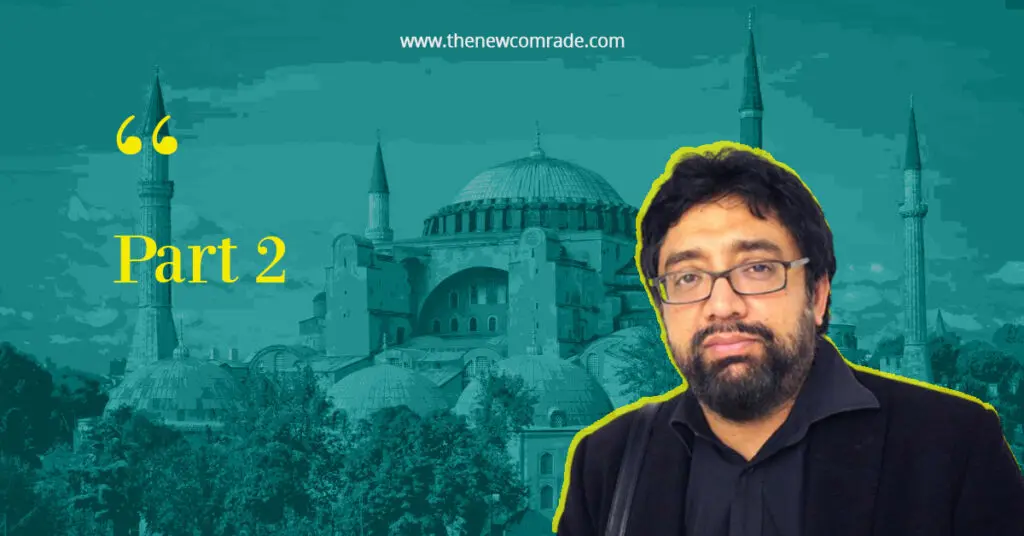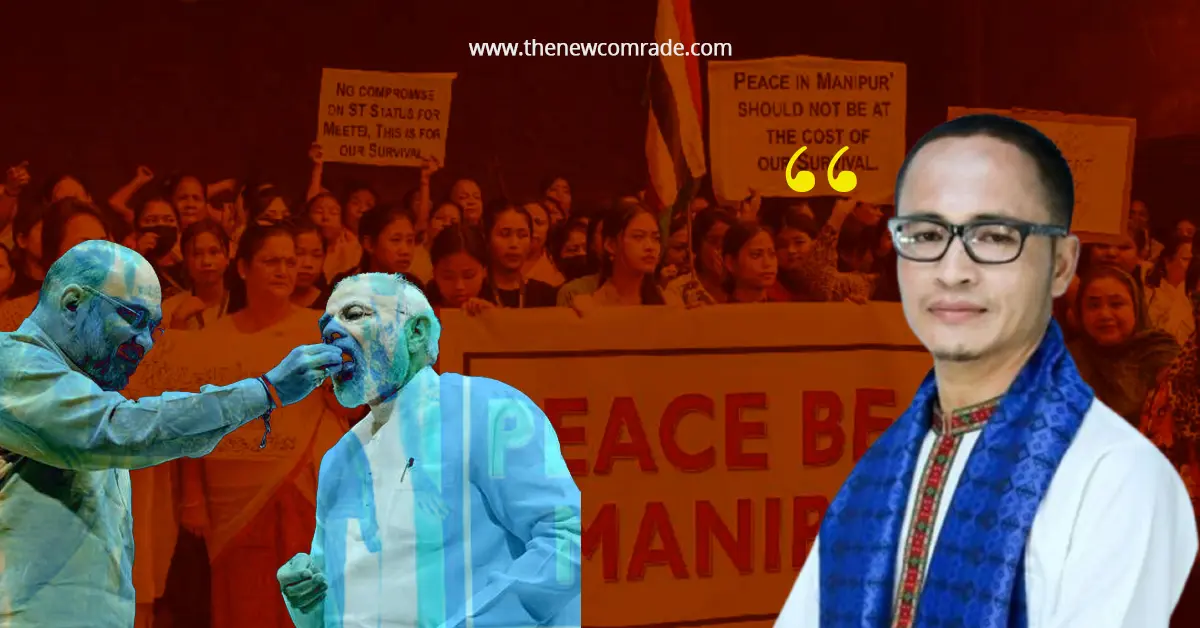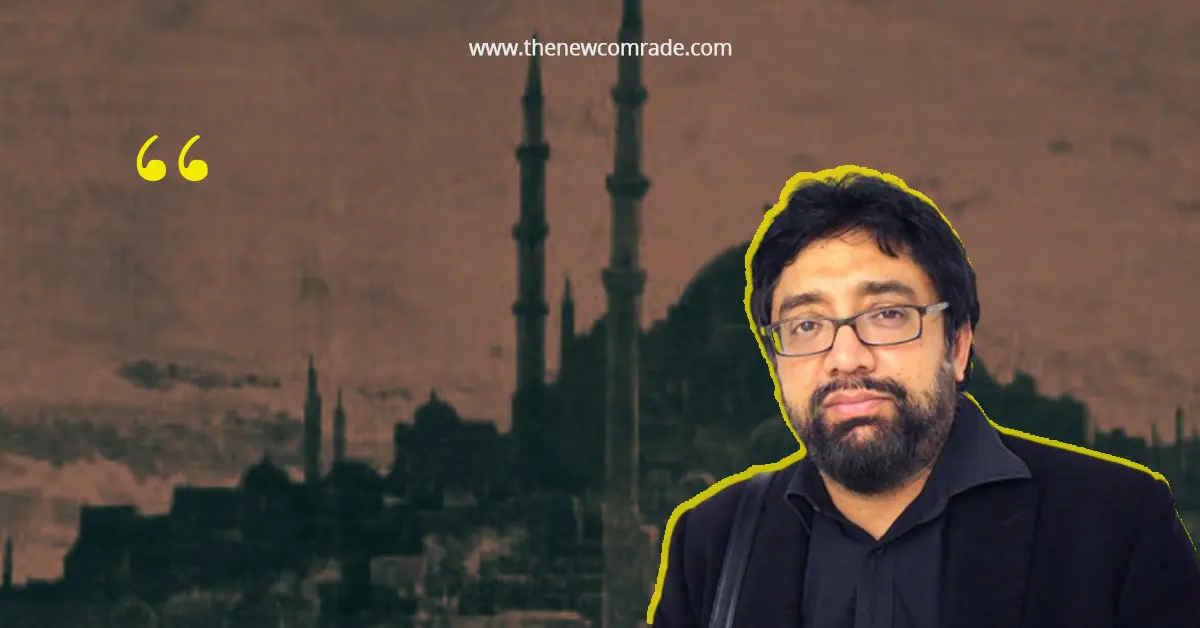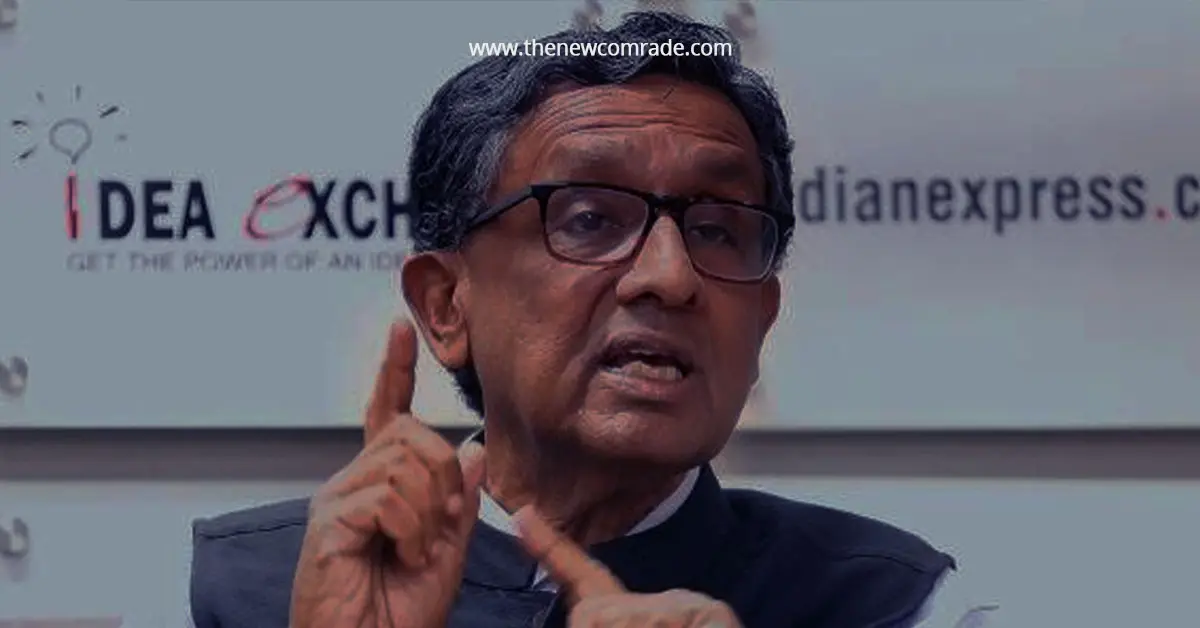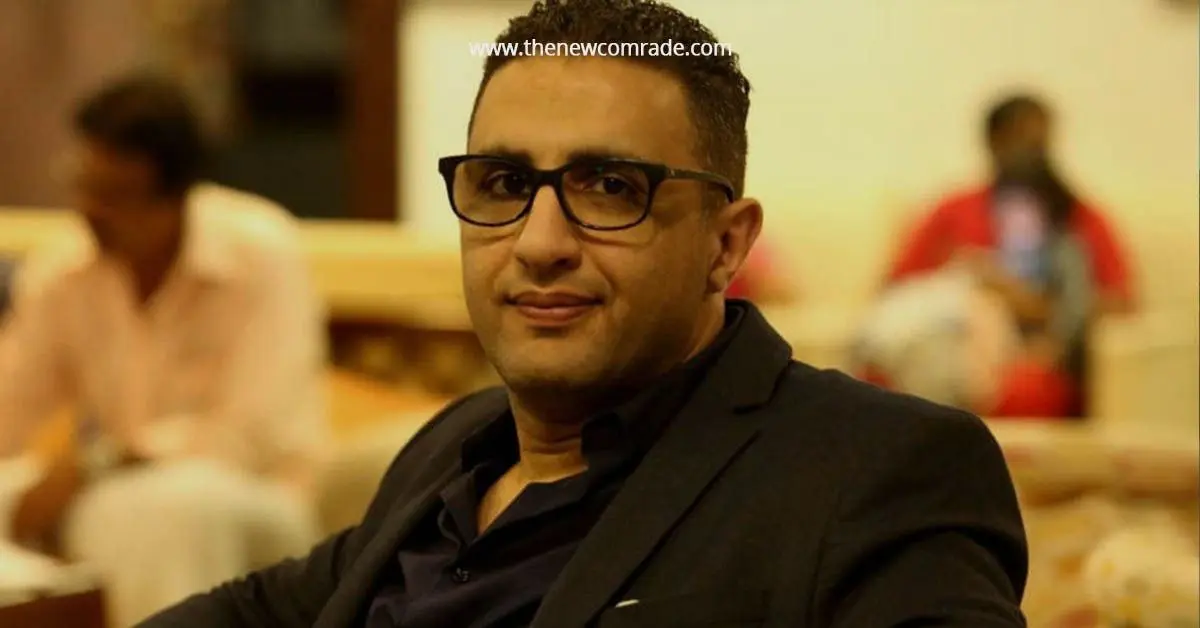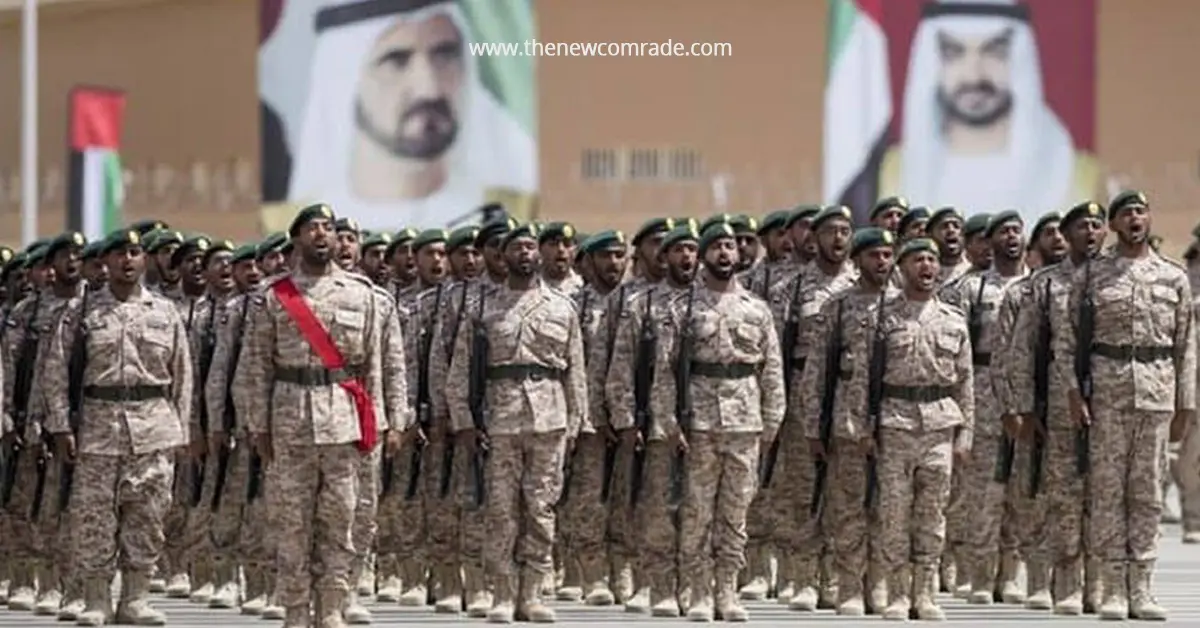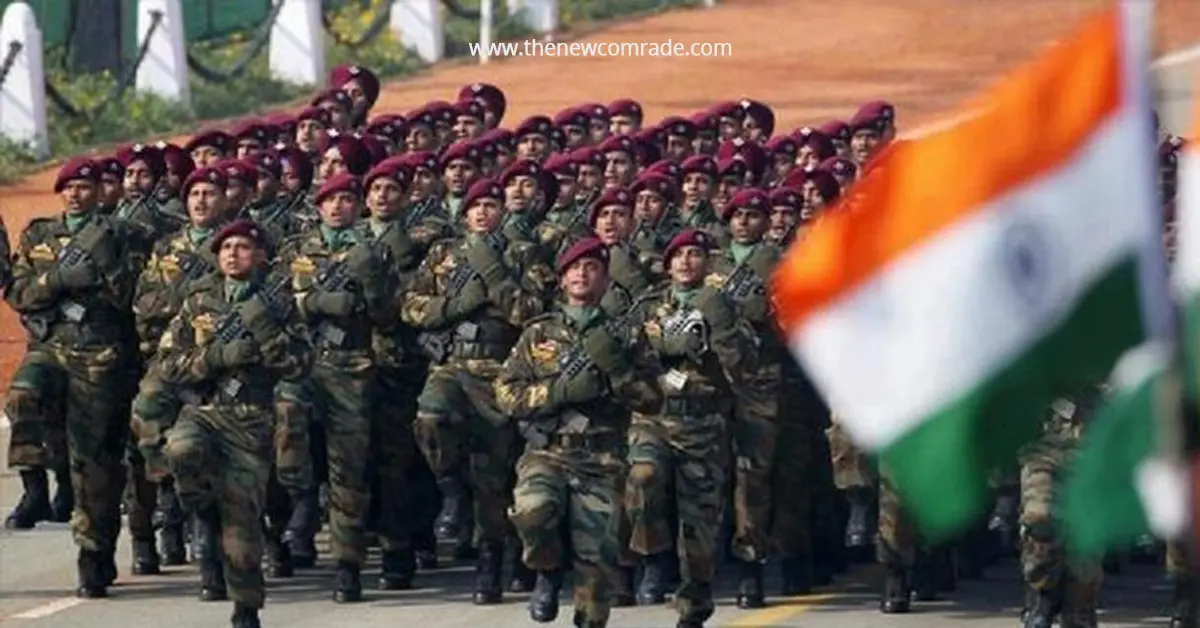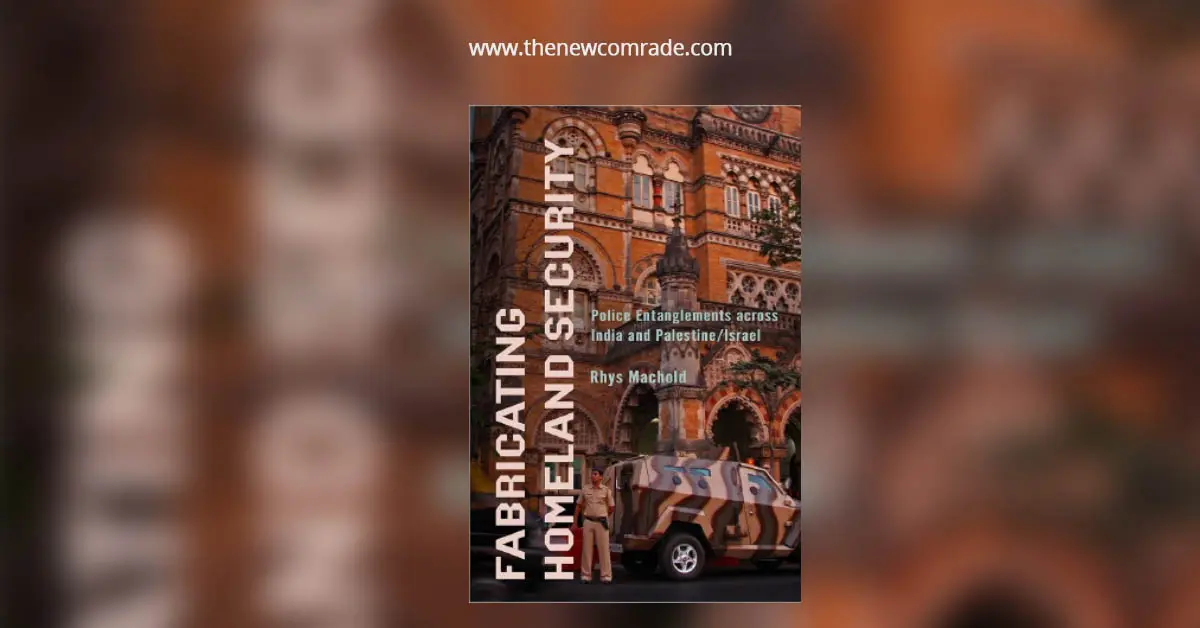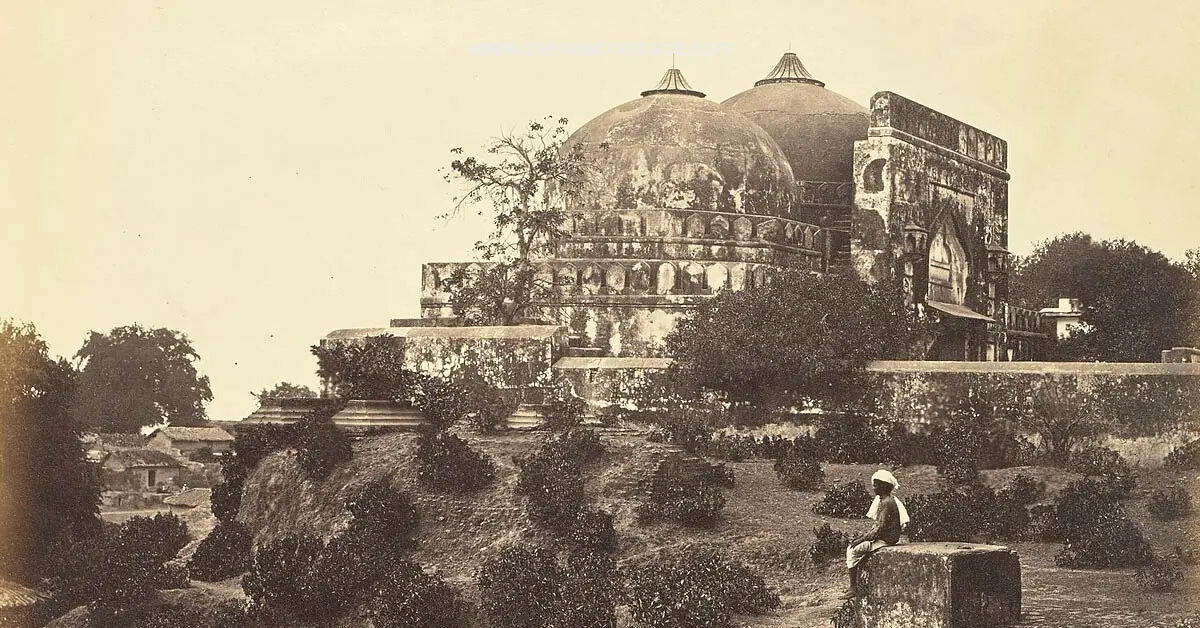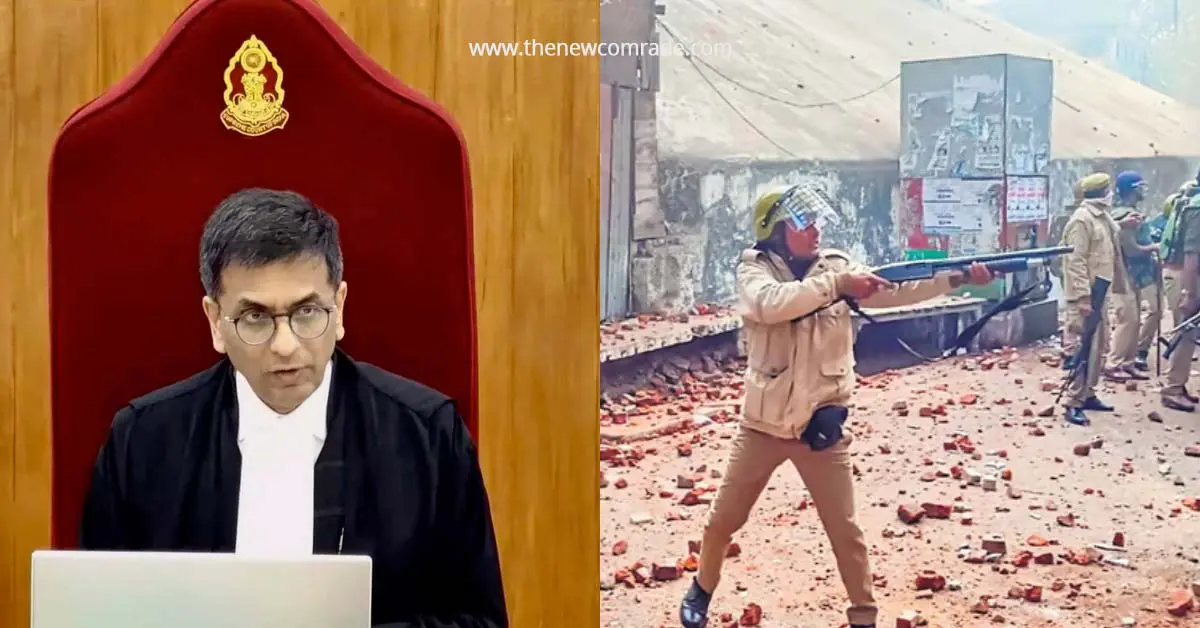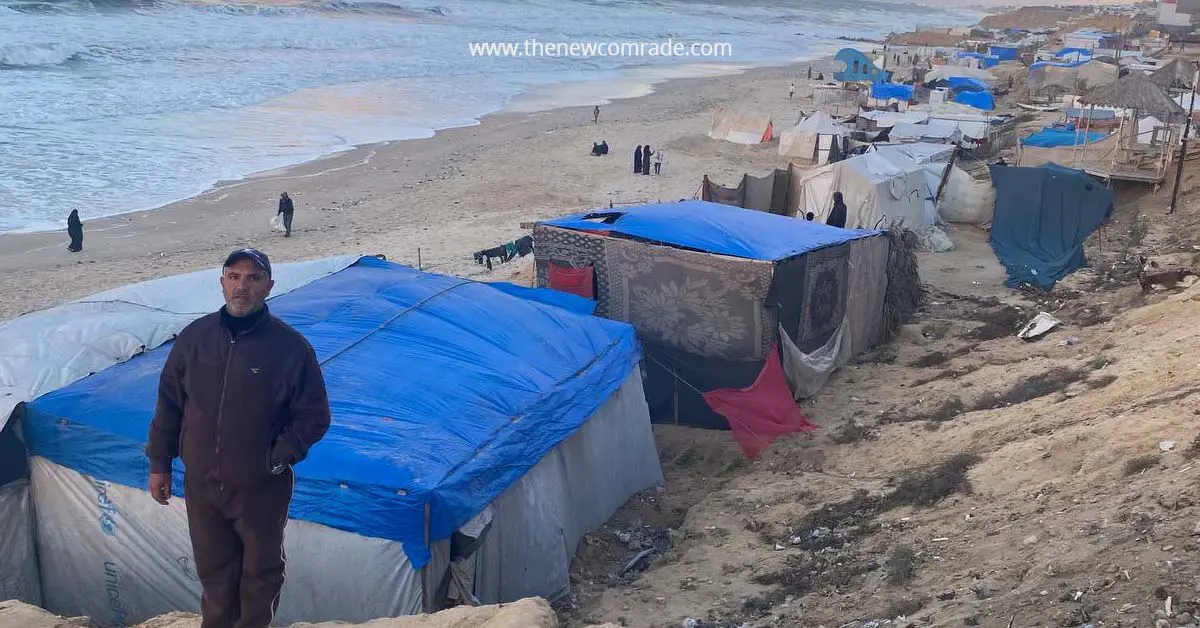To read previous part, Click here
Professor Salman, you say that the project of recalling the Caliphate is a project to decolonize the Ummah on epistemological and political levels. Why is it necessary to go beyond critiquing modernity, imperialism, or colonialism and instead focus on constructing an alternative ontology and a vision for a better world?
In the end, there is a distinction between critiquing and dreaming. When we explore the possibility of the Islamicate in the future, it could be equated to anything considered non-Western in the future. Then we are confronted with arguments that deem it unattainable or unworthy of pursuit, effectively erecting an epistemological and philosophical defense of the current imperial status quo.
To truly understand and shape the future, we must transcend this barrier and engage with these arguments. However, if we solely focus on critique without offering alternatives, our ability to envision what is possible diminishes. Critique should create space for dreaming and imagining a different paradigm. A profound critique necessitates a shift in thinking, a new paradigm. However, this shift cannot be achieved through the cycle of critique and counter-critique, as the language and framework are no longer shared.
What kind of a state can a Muslim imagine? What do you mean by the caliphate?
In my book, I emphasize the need to consider the possibility of a political structure that transcends the limitations imposed by existing nation-states. While some may view this as an impossible dream, consider the example of European Union. Despite historical animosities between countries like Germany and France, they came together to form a confederal structure pooling different sovereignties for the collective benefit of their populations. Why is it possible for the European union and not possible for Muslim Ummah?
Currently, the two billion Muslims lack the political mechanisms and structures to effectively represent their interests and address their common challenges. The options before us are to either try and weaken Muslimness and return to narrow nationalist identities which require violent acts of uprooting people’s idea of Ummatics. Or find a structure to bridge the gaps between discordant positions and foster unity. Ultimately, what we imagine as Caliphate is a metaphor to representation Muslim voice in the world stage.
But critical theorists or postcolonial thinkers might say that the idea of caliphate is good for the muslims. While the humanist critique defends common values over everyone and it does not exclude anyone or privilege one religion over another?
The argument that the caliphate is exclusively for Muslims and has no consequences for others is deeply flawed for several reasons.Firstly, the caliphate, as a political structure, is based on certain principles that can enable both Muslims and non-Muslims. A state were muslimness can be expressed doesn’t necessarily have to be a state solely for Muslims. In fact, historically, in the Islamic political order Muslims were a minority in many places for the first 300 years.The emphasis is on the idea of a constitutional order based on Islamic principles.
The notion of Muslimness transcends geographical boundaries, encompassing parts of Asia, Africa, and possibly the New World. This global idea of Muslimness pushes the quest for something different and transnational. Now, the belief in humanist ideals has its limitations and has no vector, as the West’s historical actions have contradicted the claimed universality of human rights, particularly through colonialism and racial violence. So the idea of Europe or the West Incarnating universalism has been ripped to shreds, that it requires great acts of amnesia for anyone, even the West to believe it anymore. Western articulations of universalism have been undermined by the practice of racial colonial logics, creating exclusionary dynamics. Therefore, it becomes challenging to promote a new humanism without considering new political constituencies that move beyond colonial and racial biases. And right now it seems that it is impossible to do without including the islamicate.
Today more than 50 years have passed since Edward Said published his book Orientalism in 1978, and the anti islam discourse in the West seems to be more fierce even among state leaders who are not supposed to be ignorant of Islam. How do you read islamophobia and how do you read what Islam represents for Europe ?
One of the things I’ve always avoided in my works, particularly in the American Context is the reduction of islamophobia as only effects or consequence of 9/11. The roots of Islamophobia go back further, in 1997, there was a significant report published in Britain. Around that time, there were notable events like the Rushdie Affair in Britain and the headscarf affair in France. The rise of right-wing parties in Europe and their unification through the consolidation of the European Union played a role in shaping the narrative around Muslim minorities.
The concept of European identity also became entwined with a notion of being non-Muslim, and this led to the emergence of Islamophobia. It’s driven in part by a crisis of Western identity as Europe and North America realize they are no longer central in the world. This anxiety about the loss of centrality fuels Islamophobic views and perceptions.
The fear of Muslim dominance and the perceived incompatibility between Muslim identity and European-ness drive much of the anti-Muslim rhetoric, shaping how people define modernity and Western values.
Professor Salman you decided to put your work within what you call Muslim critical studies and not within for example, postcolonial critique, critique of imperialism, modernity or anything else. What distinguishes it from other fields? And how do you define it?
Critical Muslim Studies began in 2011 when I was working in Australia and a research center was established to explore the relationship between coloniality, decolonial thinking, and the Islamicate. In 2015, we launched the Journal of Critical Muslim Studies ReOrient, aiming to deepen the project of decolonization by incorporating the rich tools and understandings of decolonial thought.
The focus of this endeavor was to examine the Eurocentric narrative surrounding the emergence of Europe, colonial empire and European modernity since 1492 (The year of conquest of Granada and the Americas). Critical Muslim Studies sought to understand the unique relationship that Muslims had with coloniality, rather than merely reapplying critical race theory. It acknowledged the struggles and resistance of Muslims in different regions, challenging the notion of Muslimness as solely subjugated, while encountering colonial powers. Moreover, we critically examined the Eurocentric epistemology of the time, which influenced the understanding of categories like religion.
(This interview is a transcript of the video uploaded by Tanveen Podcasts in Youtube)
